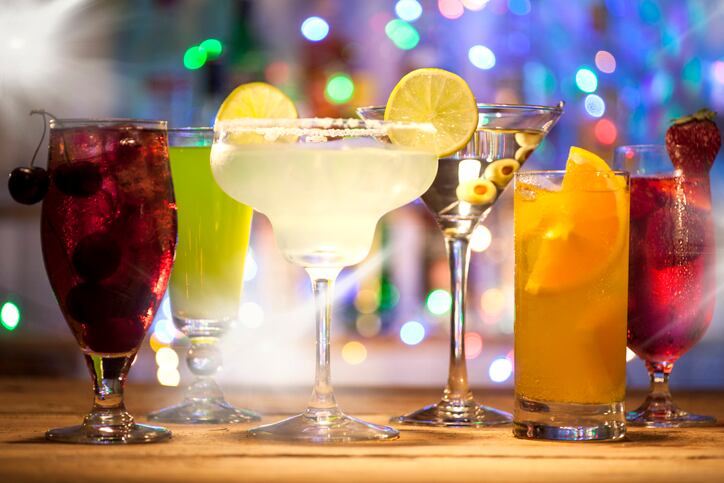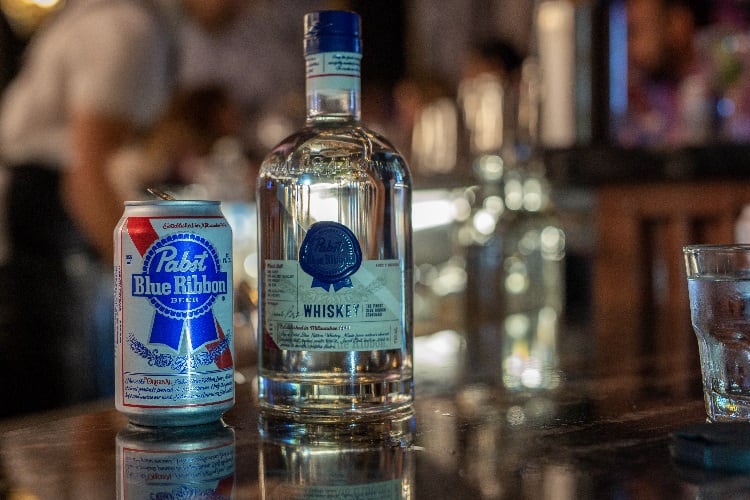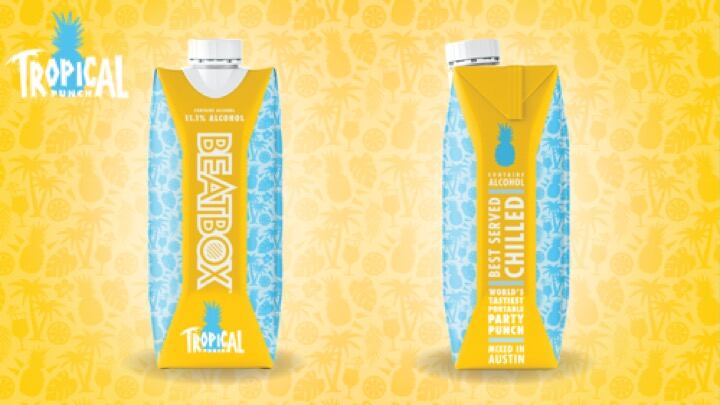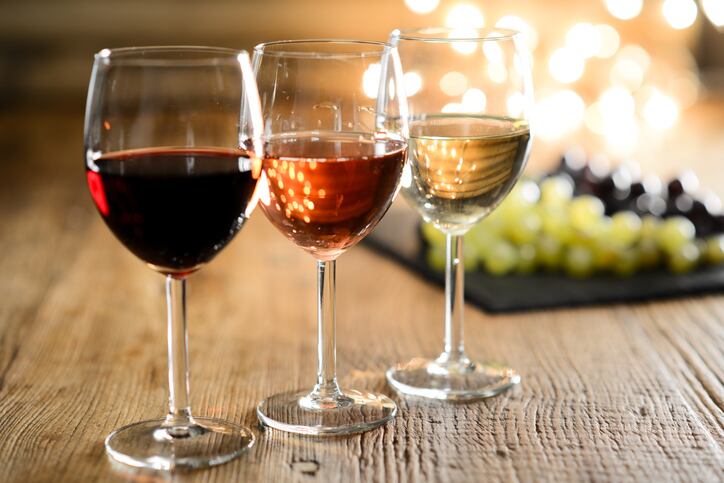Over the last two years, Gen X purchased 13% more wine than any other generation, and 6% more than millennials this year, according to a study from retailer Wine Access. Currently aged between 37-51 years old, Gen X is said to hold greater ‘immediate purchasing potential’ than its younger counterparts
Joe Fisch, CEO of Wine Access, “Boomers have historically driven our business, but Gen Xers are becoming the big buyers. While we have seen significant growth among our millennial buyers in recent years, our sales show that Gen X holds the most immediate potential.”
'Sparkling' purchasing patterns
US millennials have been making more conscious decisions with their purchases, and in a GlobalData survey, 66% said they are often or always influenced by how a product impacts their health and wellbeing when choosing alcoholic beverages. The national average for the same question was 47%.
Alcoholic, sparkling waters have seen a spike in popularity this year, drawing in the younger, health-aware crowds with low sugar and carb contents.
Mitsue Konishi, senior innovation analyst at GlobalData, said “Packaged still and sparkling waters continue to be key categories for consumers seeking pure, simple and healthy hydration. Hard seltzers typically carry low-sugar and around 100 calories, compared to typical sugary cocktails or beers.”
GlobalData believes the carbonated trend is ‘here to stay’ in alcohol and will stay closely linked with soft drinks. Wine Access said that the sparkling wine segment grew almost 6% in 2018 and consumption grew by 56% in the last decade, which aligns with millennial purchase patterns. Similarly, rosé is still growing and was up by 48% in 2018 alone.
Vanessa Conlin, head of wine at Wine Access, said “By examining purchasing patterns of each demographic, we can understand reactions to our content and see valuable consumer trends. For instance, Gen Xers are more likely to make purchases based on their established tastes, while millennials tend to buy in correlation with industry trends.”
Drizly, an online alcohol retailer, said that its site sees the biggest month-over-month jump in sales of red wines from August-October from millennials, at about 21%. Gen X and boomers contribute 19% and 14%, respectively.
Authentic and intimate alcohol experiences
Gen X is 13% more likely to purchase Cabernet Sauvignon, and about 13% more likely to purchase Bordeaux than other generations. Millennials are 46% more likely to purchase Champagne, 29% more likely to purchase Tempranillo, and 24% more likely to purchase Rosé, according to Wine Access.
Cabernet Sauvignon, Sauvignon Blanc, Sangiovese, and Bordeaux are also popular wine varietals with millennials
“Like millennials, Gen Xers seek authenticity and intimate experiences when purchasing wine, but Gen Xers have greater financial resources at their disposal to pursue them. That’s why we invest in telling the story of every bottle of wine we sell through text, infographics, and video, developed by our team of wine experts,” Fisch said.
GlobalData sees a similar trend across alcohol, with big brands capitalizing on the recent renewed interest in flavored malt beverages (FMBs). Traditional beer brands AB InBev, the Boston Beer Company and Pabst Brewing Co. have all launched or acquired hard seltzers.
Drizly found that millennials are most inclined toward trending alcohol beverages, and have recently made up 79.3% of their hard seltzer sales, followed by Gen X at 13.9% and Gen Z at 4.5%.
“Flavored water has been trending in the UK, and this move into the alcoholic sector looks to resemble US launches. Moreover, increased interest in lighter, less calorific non-alcoholic drinks is a global scale trend. Thus, the hard seltzer concept is likely to spread outside of these markets,” Konishi said.
“Coca-Cola has already had a successful entry into FABs in Japan with the Lemon-do brand, a chu-hi drink (made with white liquor and carbonated water) with a composition similar to a hard seltzer. The impact of hard seltzers in the US will not go unnoticed by the global beverage company.”




